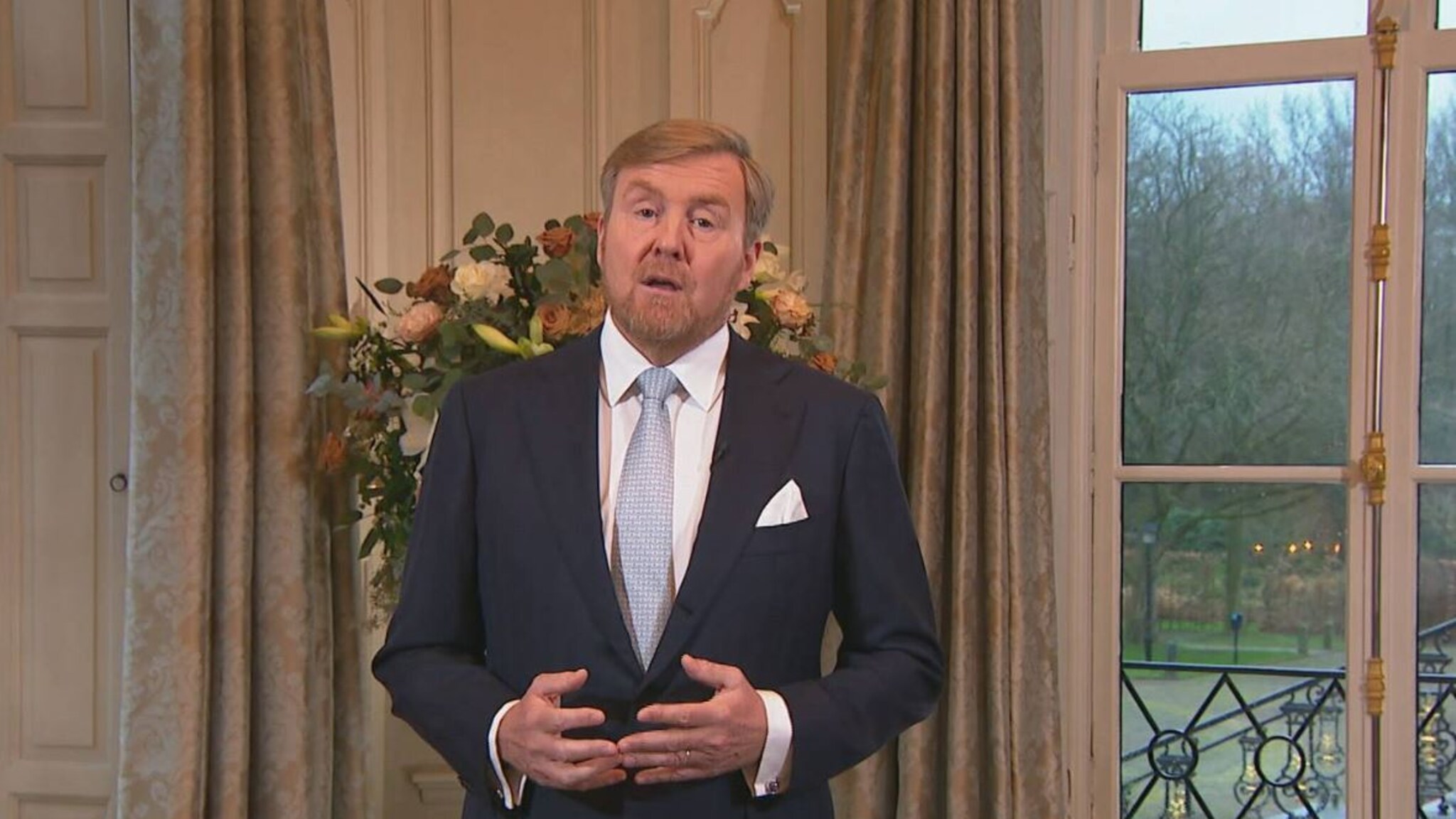Koning

In the vast tapestry of cultural and historical narratives, certain figures stand out with an aura of mystery and intrigue. One such enigmatic presence is “Koning,” a term that transcends mere royalty and carries a weight of cultural significance. This article delves into the multifaceted facets of Koning, exploring its historical roots, cultural connotations, and its contemporary relevance.
Historical Roots
The term “Koning” traces its roots to the Dutch language, where it translates to “king” in English. However, the concept of kingship is not confined to Dutch history alone; rather, it has a global presence with variations in languages and traditions. From the regal majesty of European monarchies to the divine rulership in ancient civilizations, the archetype of a king or Koning has evolved through the ages.
In medieval Europe, Koning represented not just a political leader but often a symbol of divine authority. The divine right of kings was a prevailing concept, where rulers were believed to derive their legitimacy from a higher power. This blending of earthly rule with the divine bestowed upon the Koning a mystique that lingered in the annals of history.
Cultural Connotations
The cultural connotations of Koning extend beyond its literal translation. It embodies notions of leadership, authority, and responsibility. The image of a Koning is often intertwined with tales of chivalry, courtly love, and grandiose ceremonies. In literature and folklore, the Koning emerges as a central figure, shaping the destiny of nations and individuals alike.
Moreover, Koning transcends linguistic boundaries. In various cultures, the concept of a revered leader with regal attributes finds expression. From the Pharaohs of ancient Egypt to the Maharajas of India, the title may differ, but the essence of Koning remains a common thread in the rich tapestry of human history.
The Modern Koning
While the traditional role of a Koning has evolved with changing political landscapes, the essence of leadership and authority remains. In contemporary times, Koning is not limited to a hereditary monarch; it extends to elected leaders, captains of industry, and influential personalities who hold sway over public opinion.
The modern Koning is as much a symbol of power as a servant of the people. Leadership is no longer solely about decreeing orders from a throne; it involves empathy, responsibility, and adaptability. The concept of Koning has adapted to reflect the changing dynamics of societies, emphasizing the need for leaders who are not only authoritative but also responsive to the needs of their constituents.
Cultural Impact
The influence of Koning goes beyond political realms; it permeates art, literature, and popular culture. From Shakespearean dramas to contemporary films and television series, the archetype of a powerful and often conflicted leader mirrors the timeless fascination with the concept of Koning.
In art, paintings and sculptures have depicted Koning as a figure of grandeur and authority. The regal attire, adorned with symbols of power, becomes a visual narrative of the cultural and historical significance attached to the term. Whether portrayed as benevolent or tyrannical, the Koning’s image remains a captivating subject for artists across mediums.
Contemporary Relevance
In the 21st century, the notion of Koning faces new challenges and opportunities. Globalization and the interconnectedness of nations have redefined the parameters of leadership. A Koning in the contemporary context must navigate complex geopolitical landscapes, economic uncertainties, and social transformations.
The advent of technology has also reshaped the dynamics of leadership. Social media platforms, with their immediacy and reach, have turned leaders into public figures with unprecedented scrutiny. The modern Koning is not just a distant authority figure but a presence in the daily lives of the people, subject to their opinions and feedback.
Conclusion
In unraveling the mystique of Koning, we traverse the corridors of history, culture, and modernity. From its medieval origins to its contemporary manifestations, Koning encapsulates the enduring fascination with leadership and authority. The term is not a relic of the past but a dynamic concept that evolves with the changing tides of human society. As we continue to navigate the complexities of our world, the enigma of Koning persists, inviting us to ponder the timeless qualities that define leadership in all its forms.





